English
English Curriculum Aim
At Forest Park, the teaching of English is intended to promote high standards of language and literacy by equipping pupils with a strong command of spoken and written language, and by developing a love of literature through widespread reading for pleasure. A child’s ability to communicate and listen enables them to develop their identity, build relationships with others and opens their capacity to learn. For this reason, we recognise the importance of developing these skills right from the start, placing a heavy emphasis on communication and language within our Early Years Foundation Stage.
Spoken Word
Oracy is a fundamental part of our whole curriculum. We provide a wide range of opportunities for our children to develop their oracy skills from oracy-based lesson starters, discussions, debates, presentations as well as drama through role-play and hot-seating. Children frequently showcase their skills and knowledge using technology to record their learning as well as taking part in class assemblies and performances throughout their school journey.
Reading
Read Write Inc.
Every child deserves success right from the start. We know that the sooner children learn to read, the greater their success at school. This is why we put reading at the heart of everything we do.
At Forest Park we use the Read Write Inc. Phonics programme to teach our children to read and write. We make sure every child can read the last set of phonic stories before they progress to our Spelling program. Some children complete the programme in Year 1 and others in Year 2. Key Stage 2 children who need extra support follow this programme too.
During this time, children are grouped by their reading progress for 45 minutes a day (20 to 30 minutes in Reception) and re-assessed every half-term so we can place them in the group where they’ll make the most progress. Extra daily one-to-one sessions are provided for children who need boosting to keep up.
After two years of implementation, it is expected that:
· Reception children will be able to read Green Storybooks by the end of the summer term.
· Year 1 children will be able to read Blue Storybooks by the end of the summer term.
· Year 2 children will have completed the Phonics programme by the end of the spring term.
We have high expectations for our children to meet the expected standard in the Phonic Screening Check and help all children to be accurate and fluent readers by the time they enter Key Stage 2.
Whole Class Guided Reading
During the teaching of whole class guided reading, and in other areas of the curriculum, we focus on developing our children to be fluent readers with good understanding. We teach the comprehension aspect of reading through the key areas of vocabulary, inference, prediction, explanation, retrieval, summarise and sequence.
Reading for Pleasure
At Forest Park, we aim to create a strong reading culture within the school community where children are confident and competent readers, who enjoy a variety of reading materials for learning and pleasure. Children are immersed in literature through a wide variety of avenues from quality story time, ERIC time and in school library sessions, as well as yearly visits to the City Central library, virtual author workshops and participation in national reading events. Family participation in our Watch Me Learn reading sessions, phonics workshops and reading breakfasts are fundamental to our endeavour to create life-long readers.
Writing
We use books at the centre of our writing units that are written by authors from a diverse range of backgrounds. These reflect and represent the rich cultural diversity of our school community. These books are used alongside other high quality, vocabulary rich reading materials to promote discussion and develop oracy skills. We aim to create well-rounded writers who can transfer their skills for a wide range of contexts, audiences and purposes. We teach a progressive range of text types covering the areas of entertain, inform, persuade, discuss, instruct and explain through our text-based units. We use trips, visitors, drama, poetry and practical activities to the fullest to provide our children with real-life experience to enrich their writing and create imaginative and thoughtful writers. Spelling, punctuation, grammar, vocabulary and handwriting are taught discretely and in context within lessons to ensure our children have a firm grasp of transcriptional skills.
